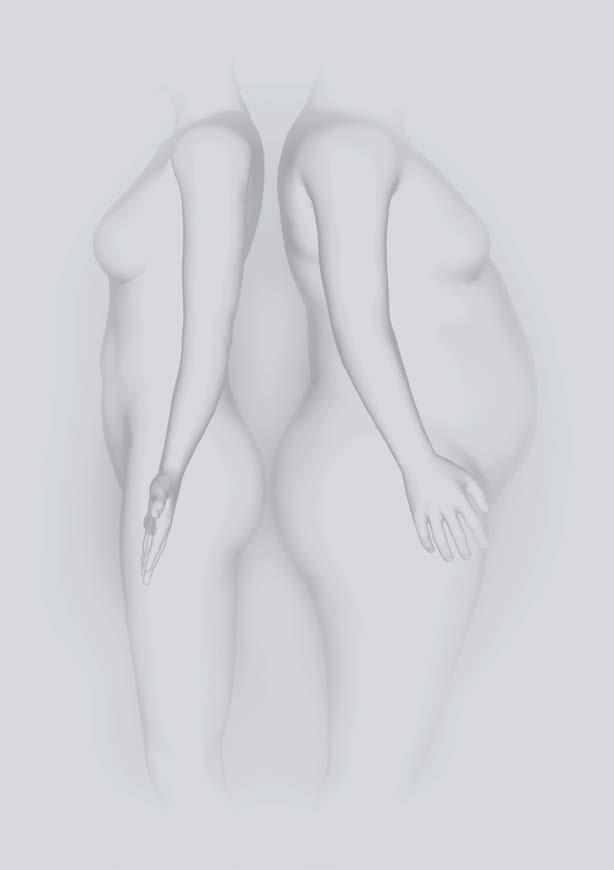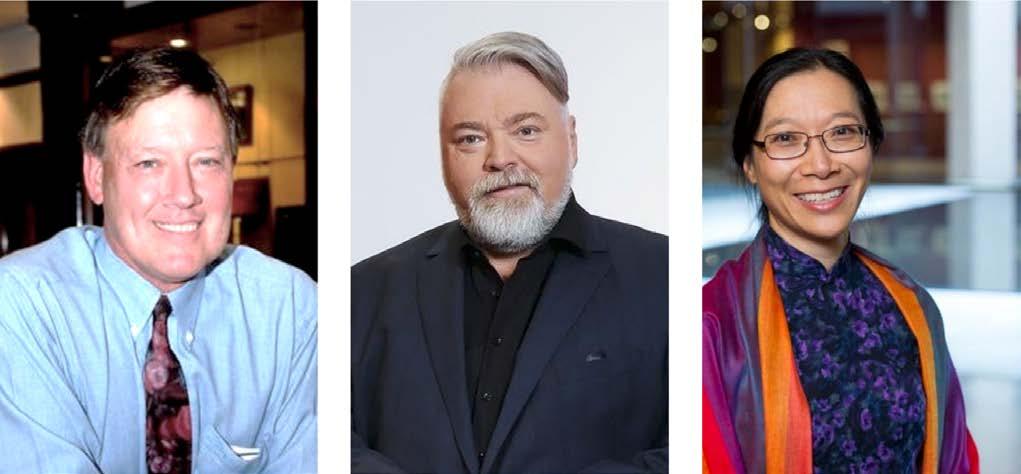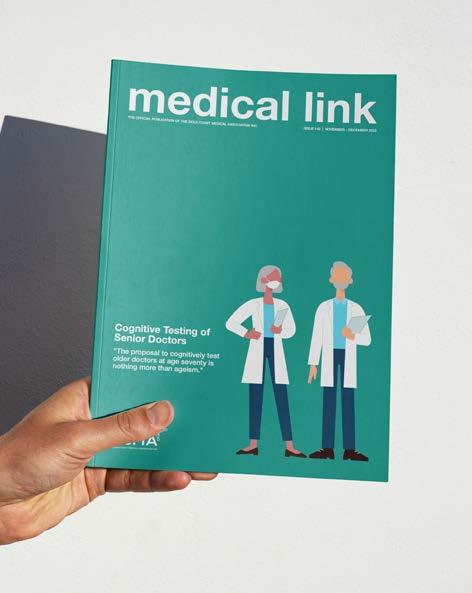
2 minute read
Should Patients Be Screened for Lung Cancer?
Dr Mohammed Islam MBBS, FRACP
Icon
Advertisement
Cancer Centre
Lower Ground 3, 14 Hill Street Southport (07) 5634 2400 | admin.goldcoastprivate@icon.team
Lung cancer is the leading cause of death in adults in Australia1 Fortunately, the earlier lung cancer is detected (especially if it is small and has not spread) the more likely it is for a patient to receive successful treatment and remain disease-free.
Screening can ensure early detection of lung cancer. The screening process involves a low-dose CT (LDCT) scan to generate detailed images of a patient’s lungs. While the scan only takes a few minutes and is not painful, it can subject patients to physical and emotional risks.
In addition to detecting lung cancer, a LDCT scan can also detect small benign lesions (non-cancerous nodules). While these lesions pose no harm to the patient, they must be in investigated by a biopsy and further CT scan if detected. This may result in unnecessary anxiety for patients, health insurance issues and potential over-treatment. Cumulative exposure to radiation, through multiple scans, may also impact on a patient’s health.
The results of over seven large-scale clinical trials indicate that screening for lung cancer did not provide any mortality benefit.
Fortunately, lung cancer is a highly preventable disease. In Australia, approximately 90% of lung cancer cases in males and 65% in females are estimated to be a result of tobacco smoking2 Thus, prevention by advocating to quit or avoid smoking, rather than screening, is the most effective way to reduce lung cancer in Australia.
As a result, screening is typically not recommended for lung cancer as a population-based program. However, there are circumstances where screening can be rationalised. These are typically in high-risk patients who:
• are current, former or passive tobacco smokers
• have had environmental or occupational exposures
• have a family history of lung cancer
• have a history of chronic lung disease3
If there is potentially no, or minimal, mortality or survival benefit for the patient, the decision to screen must be shared between the clinician and patient based on benefit and harm.
If lung cancer is found, it is critical patients are given the best possible chance to beat their cancer. There are advanced treatment options available including surgery, thermal ablation, radiation therapy, chemotherapy and targeted therapies.
An experienced multi-disciplinary team (MDT) can help determine the best course of treatment for the patient depending on their individual circumstances, stage of cancer, health factors and treatment preferences.
Dr Mohammed Islam is an experienced medical oncologist who consults and treats patients at Icon Cancer Centre Southport. He is experienced in caring for a wide range of solid tumour malignancies, with a special interest in colorectal cancer, head and neck cancer, lung cancers and urogenital cancers.
For more information or to refer a patient, visit iconcancercentre. com.au/centre/southport, email admin.southport@icon.team or call 07 5657 6400.
References
1. Australian Institute of Health and Welfare. (2021). Cancer in Australia. Retrieved from https://www.aihw.gov.au/ getmedia/0ea708eb-dd6e-4499-9080-1cc7b5990e64/ aihw-can-144.pdf.aspx?inline=true
2. Cancer Council. (n.d.). Smoking and tobacco. Retrieved from Cancer Council: https://www.cancer.org.au/cancerinformation/causes-and-prevention/smoking
3. Cancer Australia. (2020). What are the risk factors for lung cancer? Retrieved from Cancer Australia: https:// www.canceraustralia.gov.au/cancer-types/lung-cancer/ awareness
Dr Adriana Olog
Maternal Fetal Medicine
Specialist, Obstetrician






